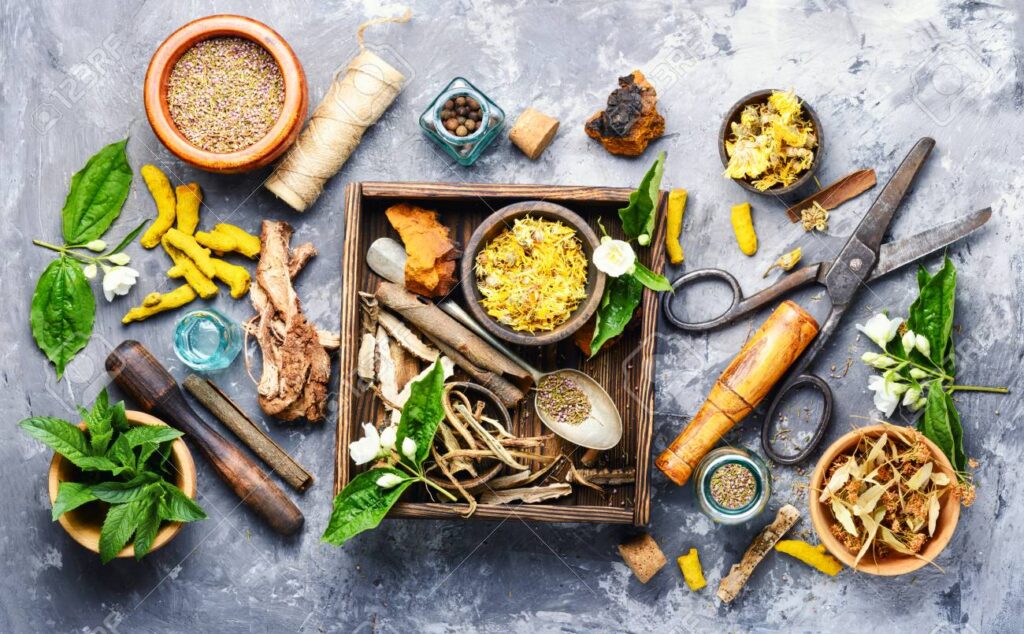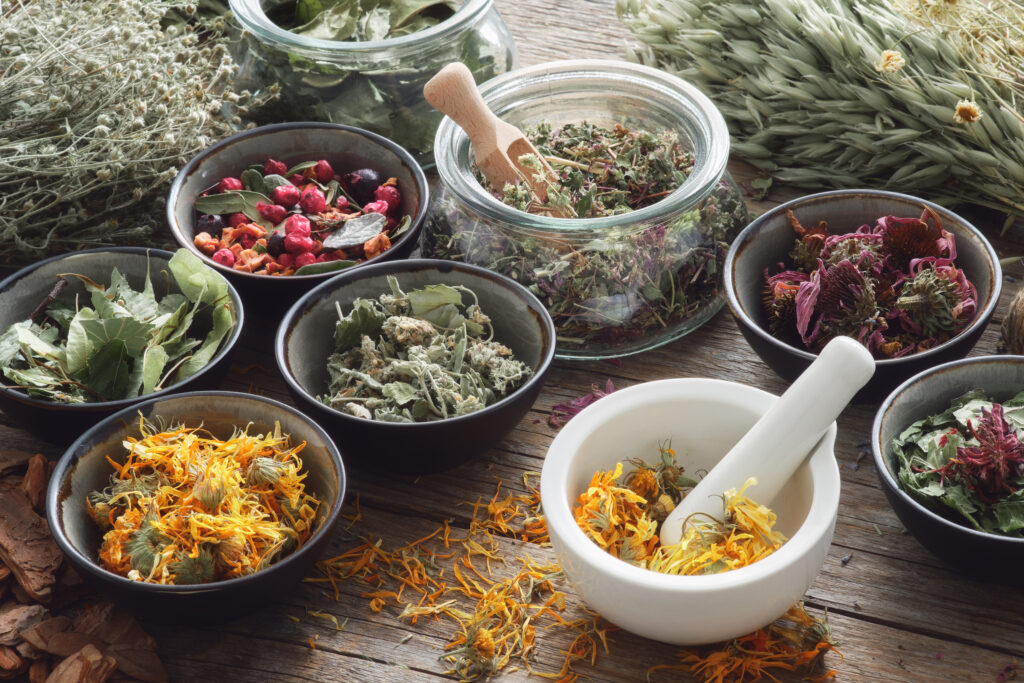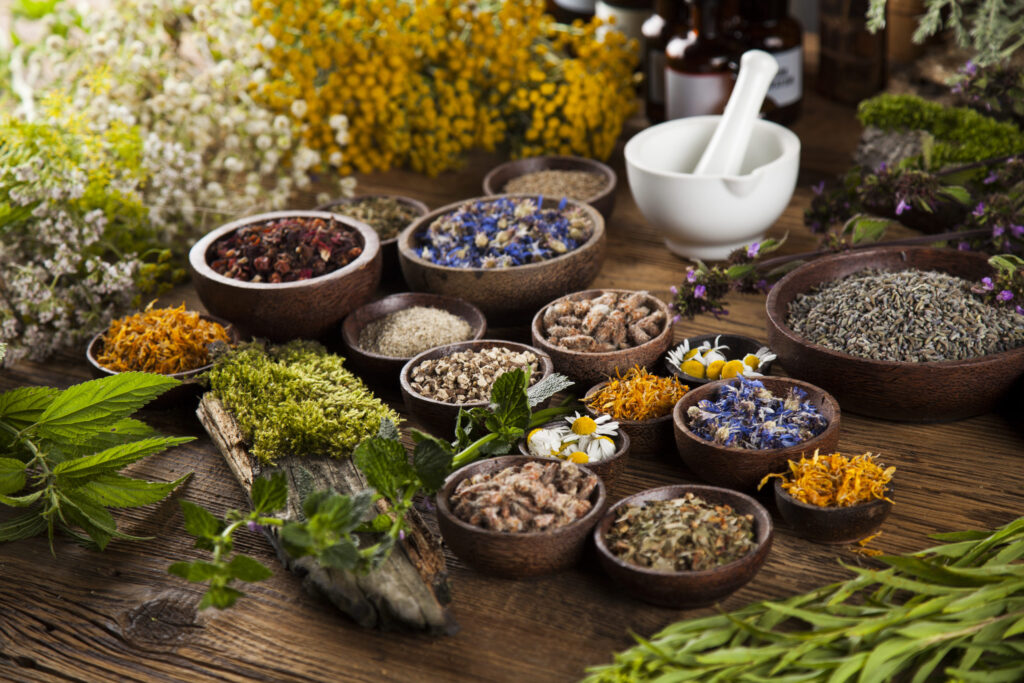Anxiety, a pervasive and often debilitating condition, affects millions worldwide. Characterized by persistent worry, fear, and unease, it can significantly impact daily life, hindering productivity, relationships, and overall well-being. While conventional treatments like medication and therapy are effective for many, they can also come with unwanted side effects or require long-term commitment. This has led to a growing interest in natural remedies for anxiety relief – holistic approaches that address the root causes of anxiety and promote a sense of calm and well-being.
This comprehensive guide explores a variety of natural remedies, delving into their mechanisms, scientific evidence, and practical application. It aims to empower individuals to make informed choices about managing their anxiety through natural means, complementing traditional treatments or serving as a standalone strategy for mild to moderate cases.
I. Dietary Approaches: Nourishing the Anxious Mind
The link between diet and mental health is increasingly recognized. A balanced, nutrient-rich diet can significantly impact mood regulation, neurotransmitter production, and overall resilience to stress. Conversely, processed foods, refined sugars, and excessive caffeine can exacerbate anxiety symptoms.
- Anti-inflammatory Diet: Chronic inflammation is implicated in several mental health disorders, including anxiety. An anti-inflammatory diet focuses on whole, unprocessed foods rich in antioxidants, fiber, and healthy fats.
- Foods to Emphasize: Fruits (berries, cherries, citrus), vegetables (leafy greens, broccoli, bell peppers), fatty fish (salmon, tuna, mackerel), nuts and seeds (walnuts, almonds, flaxseeds, chia seeds), olive oil, turmeric, ginger, garlic, and green tea.
- Foods to Limit/Avoid: Processed foods, refined sugars, trans fats, excessive red meat, alcohol, and artificial sweeteners.
- Magnesium-Rich Foods: Magnesium is a crucial mineral involved in nerve function, muscle relaxation, and neurotransmitter regulation. Deficiency in magnesium can contribute to anxiety, irritability, and sleep disturbances.
- Sources: Leafy green vegetables (spinach, kale), nuts and seeds (almonds, pumpkin seeds), beans and lentils, whole grains (brown rice, quinoa), avocados, and dark chocolate.
- Omega-3 Fatty Acids: Omega-3 fatty acids, particularly EPA and DHA, are essential for brain health and have demonstrated potential in reducing anxiety symptoms. They possess anti-inflammatory properties and support the production of neurotransmitters like serotonin.
- Sources: Fatty fish (salmon, mackerel, sardines), flaxseeds, chia seeds, walnuts, and omega-3 supplements.
- Tryptophan-Rich Foods: Tryptophan is an amino acid that serves as a precursor to serotonin, a neurotransmitter associated with mood regulation and feelings of well-being.
- Sources: Turkey, chicken, eggs, cheese, nuts, seeds, tofu, and salmon.
- Gut Health and the Microbiome: The gut microbiome, the community of microorganisms residing in the digestive tract, plays a significant role in mental health via the gut-brain axis. An imbalance in gut bacteria (dysbiosis) can contribute to anxiety.
- Probiotics: Probiotics are beneficial bacteria that can help restore a healthy gut microbiome. They can be found in fermented foods like yogurt (with live cultures), kefir, sauerkraut, kimchi, and kombucha. Probiotic supplements are also available.
- Prebiotics: Prebiotics are non-digestible fibers that feed beneficial bacteria in the gut. They can be found in foods like garlic, onions, asparagus, bananas, and oats.
- Hydration: Dehydration can lead to fatigue, irritability, and difficulty concentrating, which can exacerbate anxiety symptoms. Aim to drink plenty of water throughout the day.

II. Herbal Remedies: Harnessing the Power of Plants
For centuries, herbs have been used for their therapeutic properties, including their ability to calm the nervous system and reduce anxiety. While research on herbal remedies is ongoing, many have shown promising results in clinical trials.
- Chamomile (Matricaria chamomilla): Chamomile is renowned for its calming and relaxing effects. It contains compounds that bind to GABA receptors in the brain, similar to some anti-anxiety medications.
- Forms: Tea, capsules, tinctures, essential oil (for aromatherapy).
- Evidence: Several studies have demonstrated chamomile’s effectiveness in reducing anxiety symptoms and improving sleep quality.
- Lavender (Lavandula angustifolia): Lavender is another popular herb known for its soothing and anxiolytic properties. Its scent has been shown to reduce anxiety, stress, and improve sleep.
- Forms: Tea, essential oil (for aromatherapy), capsules, tinctures.
- Evidence: Research suggests that lavender aromatherapy can reduce anxiety levels and improve mood. Oral lavender supplements have also shown promise in reducing anxiety symptoms.
- Passionflower (Passiflora incarnata): Passionflower has traditionally been used to treat anxiety, insomnia, and nerve pain. It may work by increasing levels of GABA in the brain.
- Forms: Tea, capsules, tinctures.
- Evidence: Some studies suggest that passionflower is as effective as certain anti-anxiety medications in reducing anxiety symptoms.
- Valerian Root (Valeriana officinalis): Valerian root is often used to promote relaxation and improve sleep. It is believed to work by increasing GABA levels in the brain.
- Forms: Tea, capsules, tinctures.
- Evidence: Valerian root has been shown to improve sleep quality, which can indirectly reduce anxiety.
- Lemon Balm (Melissa officinalis): Lemon balm has a calming and mood-boosting effect. It may work by inhibiting the breakdown of GABA in the brain.
- Forms: Tea, capsules, tinctures, essential oil (for aromatherapy).
- Evidence: Research suggests that lemon balm can reduce anxiety symptoms and improve cognitive function.
- Ashwagandha (Withania somnifera): Ashwagandha is an adaptogenic herb that helps the body adapt to stress. It may reduce anxiety by regulating cortisol levels, the body’s stress hormone.
- Forms: Capsules, powder, tinctures.
- Evidence: Studies have shown that ashwagandha can significantly reduce anxiety and stress levels.
- Kava (Piper methysticum): Kava is a traditional Pacific Islander drink known for its calming and anxiolytic effects. However, it has been associated with liver toxicity in some individuals, so it should be used with caution and under the guidance of a healthcare professional.
- Forms: Capsules, powder, tea (prepared traditionally).
- Evidence: Kava has been shown to reduce anxiety symptoms, but its potential for liver toxicity should be carefully considered.
Important Considerations Regarding Herbal Remedies:
- Consult with a Healthcare Professional: Always consult with a doctor or qualified herbalist before taking any herbal remedies, especially if you are taking other medications or have underlying health conditions.
- Dosage and Preparation: Follow the recommended dosage and preparation instructions carefully.
- Potential Side Effects: Be aware of potential side effects, such as drowsiness, dizziness, or allergic reactions.
- Quality and Source: Choose high-quality herbal products from reputable sources.

III. Lifestyle Modifications: Creating a Calmer Life
Lifestyle factors play a crucial role in managing anxiety. Incorporating certain practices into your daily routine can significantly reduce stress and promote a sense of well-being.
- Mindfulness Meditation: Mindfulness meditation involves focusing your attention on the present moment without judgment. It can help reduce anxiety by increasing awareness of thoughts and feelings, allowing you to respond to them more effectively.
- Techniques: Breath awareness, body scan meditation, loving-kindness meditation.
- Evidence: Numerous studies have demonstrated the effectiveness of mindfulness meditation in reducing anxiety and stress.
- Yoga: Yoga combines physical postures, breathing exercises, and meditation. It can help reduce anxiety by promoting relaxation, reducing muscle tension, and improving body awareness.
- Styles: Hatha yoga, restorative yoga, yin yoga.
- Evidence: Research suggests that yoga can significantly reduce anxiety and improve mood.
- Exercise: Regular physical activity is a powerful stress reliever. Exercise releases endorphins, which have mood-boosting effects. It can also improve sleep quality and reduce muscle tension.
- Types: Aerobic exercise (running, swimming, cycling), strength training, yoga, tai chi.
- Evidence: Studies have consistently shown that exercise reduces anxiety and improves overall mental health.
- Deep Breathing Exercises: Deep breathing exercises can activate the parasympathetic nervous system, which promotes relaxation and reduces the stress response.
- Techniques: Diaphragmatic breathing, box breathing, alternate nostril breathing.
- Evidence: Deep breathing exercises have been shown to reduce anxiety, lower blood pressure, and improve heart rate variability.
- Spending Time in Nature: Exposure to nature has been shown to reduce stress, lower blood pressure, and improve mood.
- Activities: Walking in the park, hiking in the woods, gardening, spending time by the ocean.
- Evidence: Studies have demonstrated the positive effects of nature on mental and physical health.
- Sleep Hygiene: Adequate sleep is essential for mental health. Poor sleep can exacerbate anxiety symptoms.
- Tips: Establish a regular sleep schedule, create a relaxing bedtime routine, avoid caffeine and alcohol before bed, make sure your bedroom is dark, quiet, and cool.
- Evidence: Improving sleep hygiene can significantly reduce anxiety and improve overall well-being.
- Social Support: Connecting with others and having a strong social support network can buffer against stress and anxiety.
- Activities: Spending time with loved ones, joining a support group, volunteering.
- Evidence: Strong social connections are associated with better mental and physical health.
- Limiting Screen Time: Excessive screen time, especially before bed, can disrupt sleep and contribute to anxiety.
- Tips: Limit screen time to a specific amount each day, avoid using electronic devices before bed, take breaks from screens throughout the day.
- Journaling: Writing down your thoughts and feelings can help you process them and gain perspective. It can also help you identify patterns and triggers for your anxiety.

IV. Other Natural Approaches:
Beyond dietary and lifestyle changes, some other natural approaches can contribute to anxiety relief.
- Acupuncture: Acupuncture is a traditional Chinese medicine technique that involves inserting thin needles into specific points on the body. It is believed to help balance the flow of energy (Qi) and reduce anxiety.
- Evidence: Some studies suggest that acupuncture can reduce anxiety symptoms, but more research is needed.
- Massage Therapy: Massage therapy can help reduce muscle tension, promote relaxation, and lower cortisol levels.
- Evidence: Research indicates that massage therapy can reduce anxiety and improve mood.
- Biofeedback: Biofeedback is a technique that involves using sensors to monitor physiological responses, such as heart rate and muscle tension. This information is then used to learn how to consciously control these responses and reduce anxiety.
- Evidence: Biofeedback has been shown to be effective in reducing anxiety and stress.

Conclusion:
Natural remedies offer a promising avenue for managing anxiety, either as a complement to conventional treatments or as a standalone strategy for mild to moderate cases. By adopting a holistic approach that encompasses dietary changes, herbal remedies, lifestyle modifications, and other natural therapies, individuals can empower themselves to reduce anxiety symptoms, improve their overall well-being, and cultivate a greater sense of calm and resilience. However, it’s crucial to remember that anxiety is a complex condition, and what works for one person may not work for another. It is essential to consult with a healthcare professional to determine the most appropriate course of treatment and ensure that any natural remedies are safe and effective for your specific needs. By taking a proactive and informed approach, individuals can harness the power of nature to alleviate anxiety and create a more peaceful and fulfilling life.
